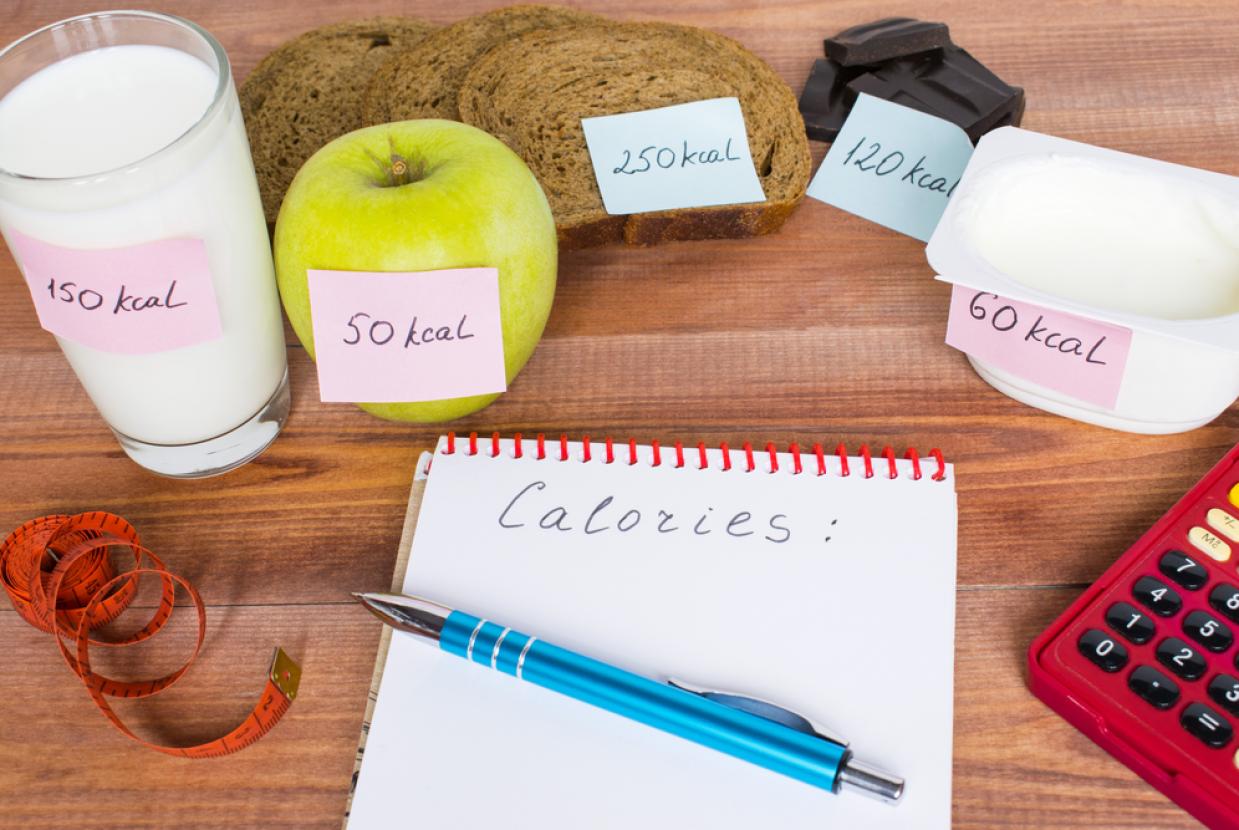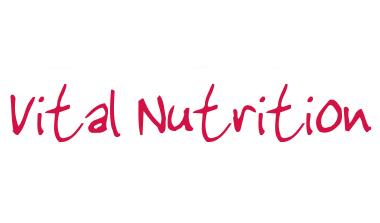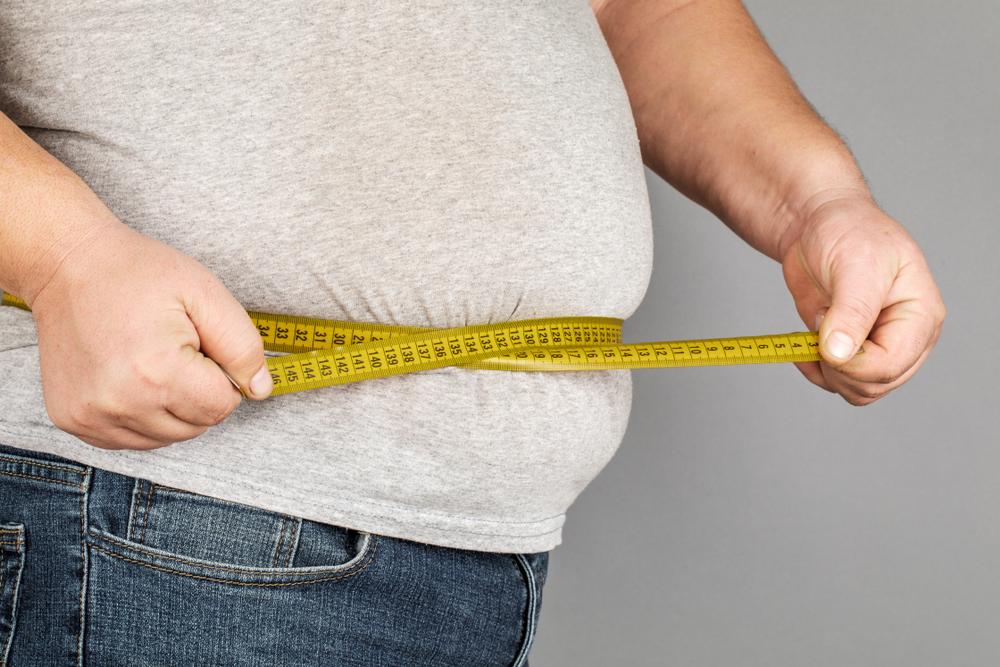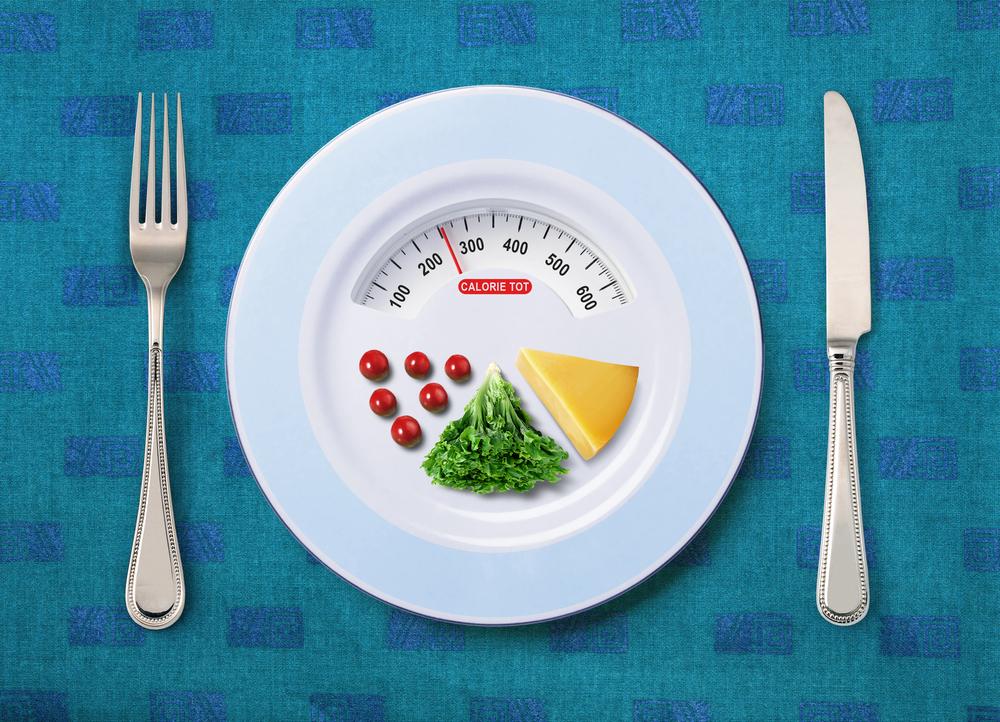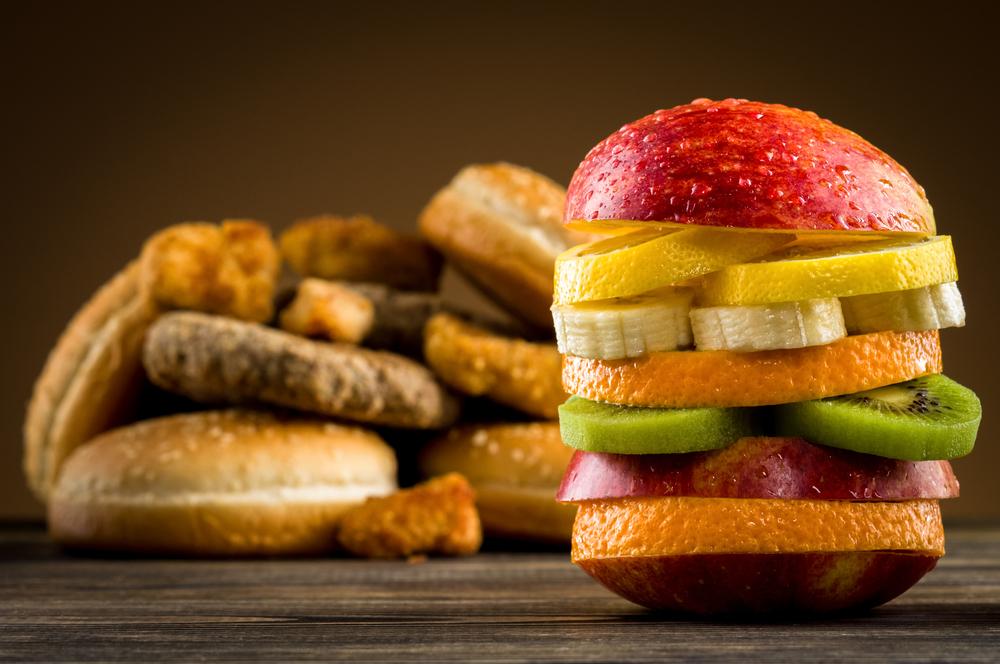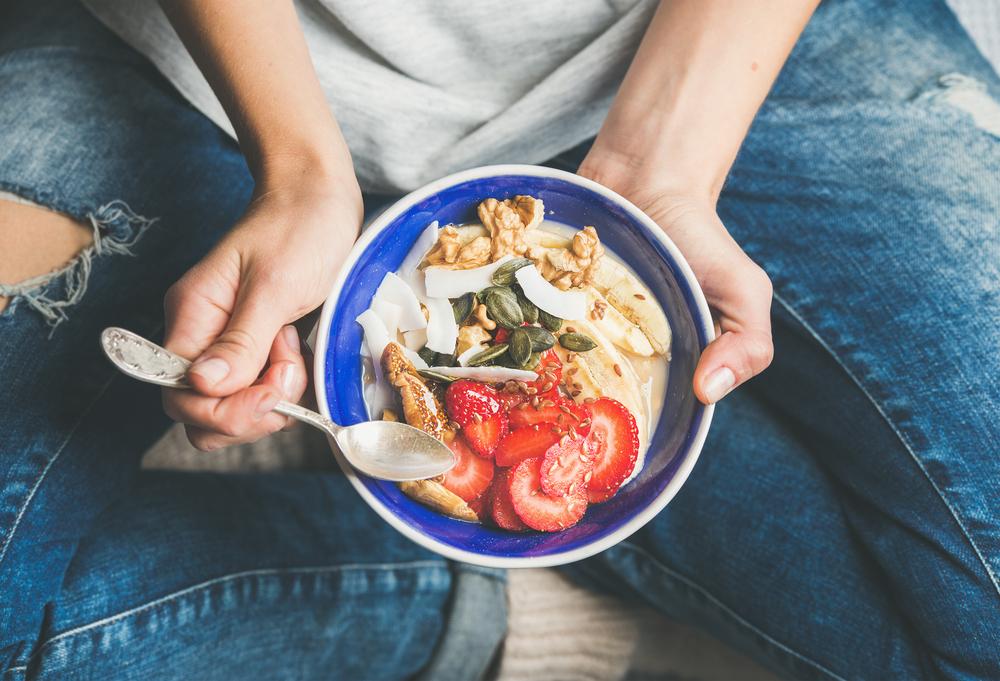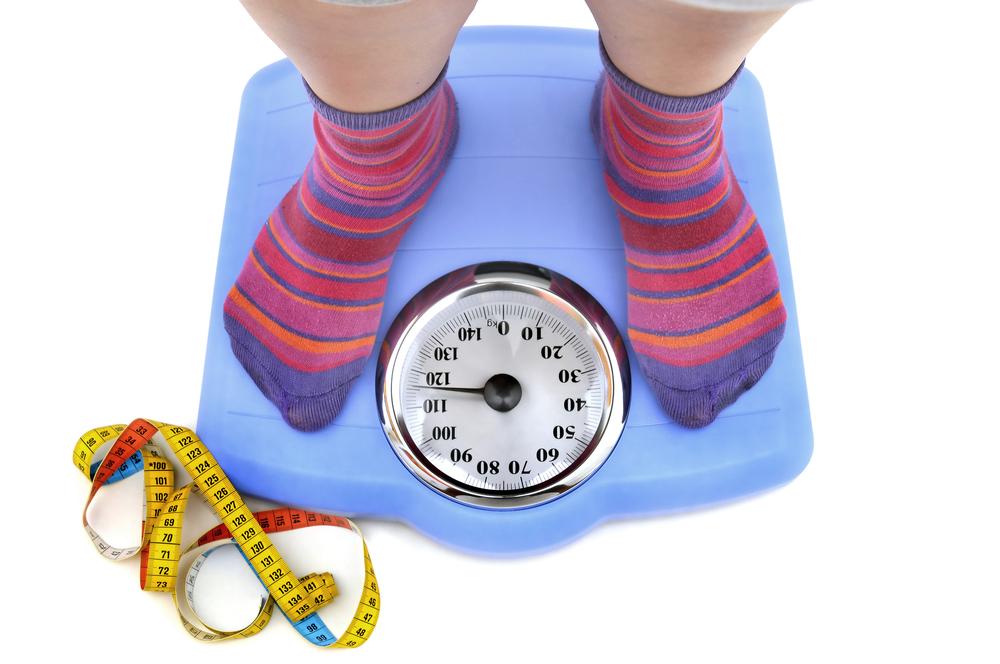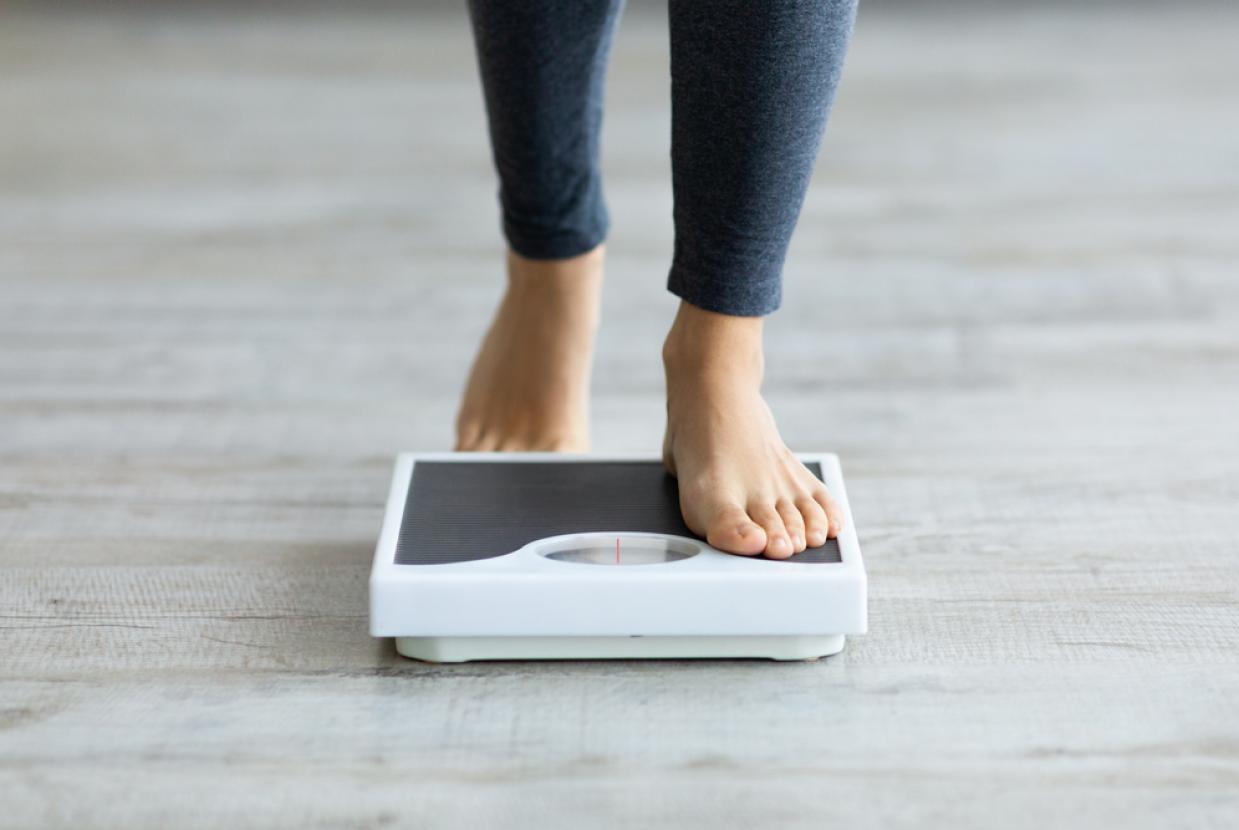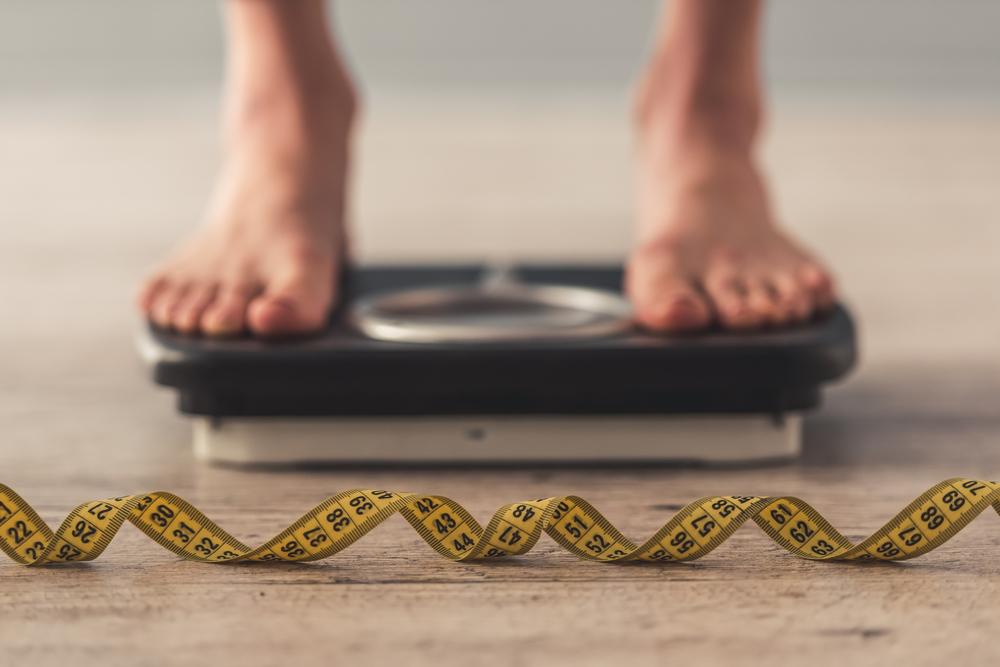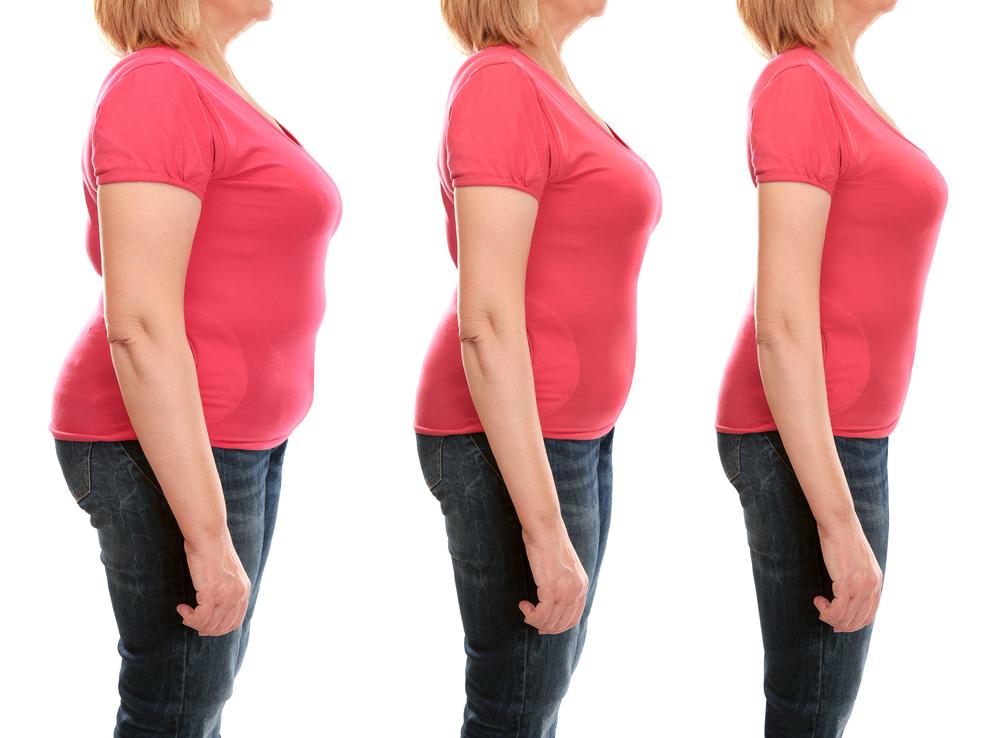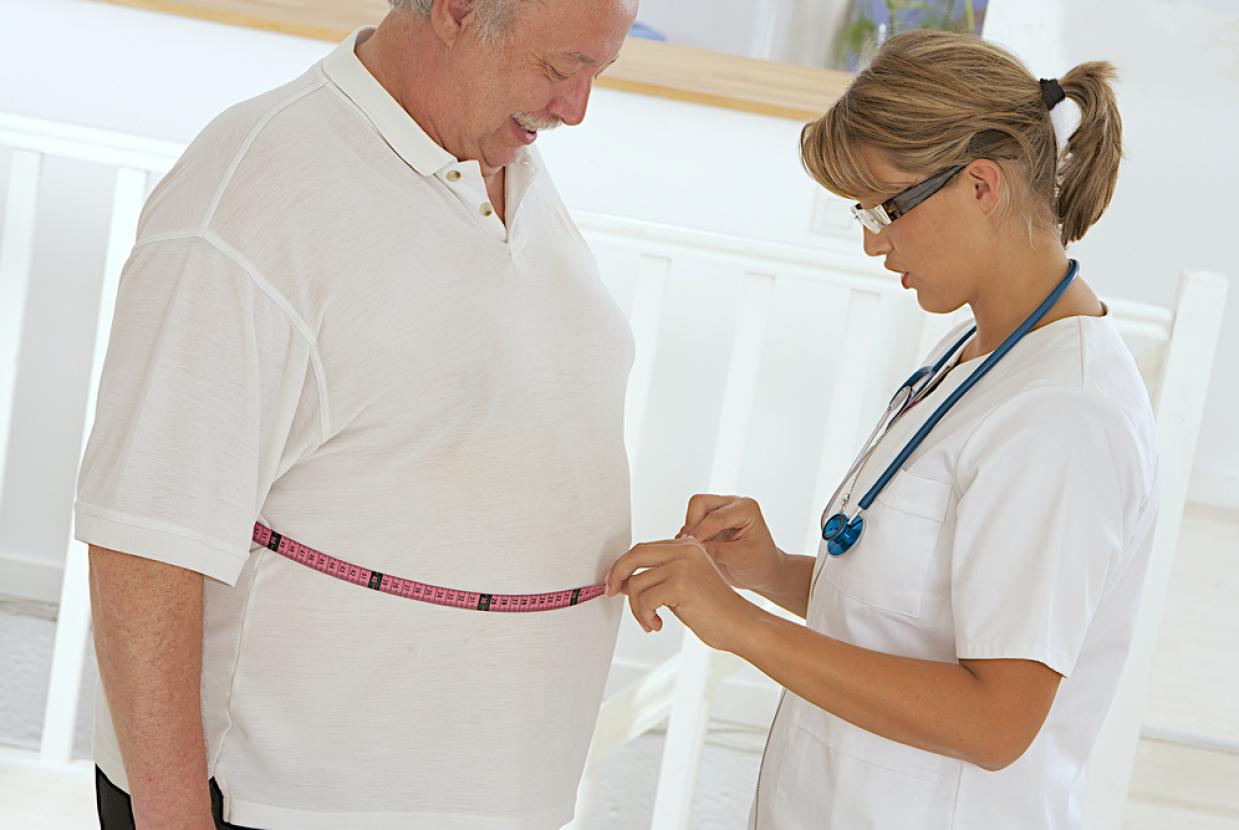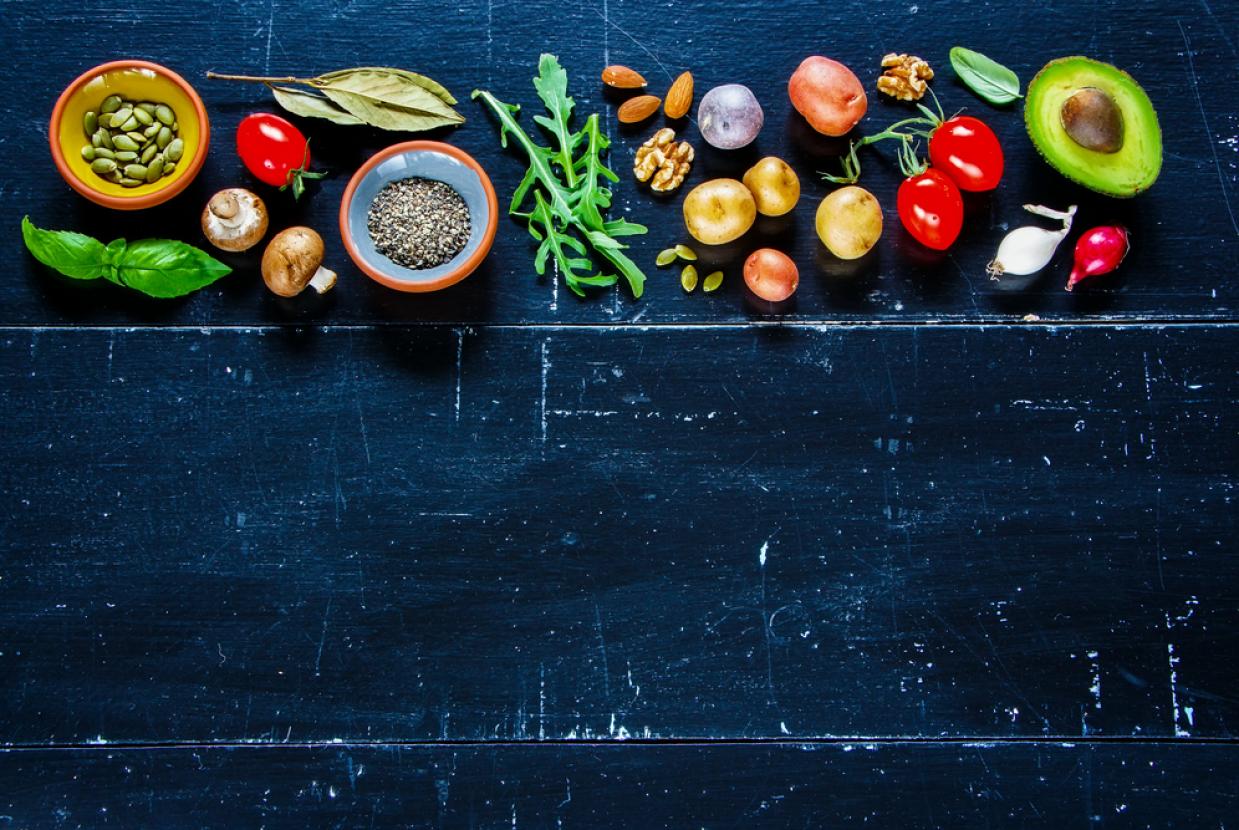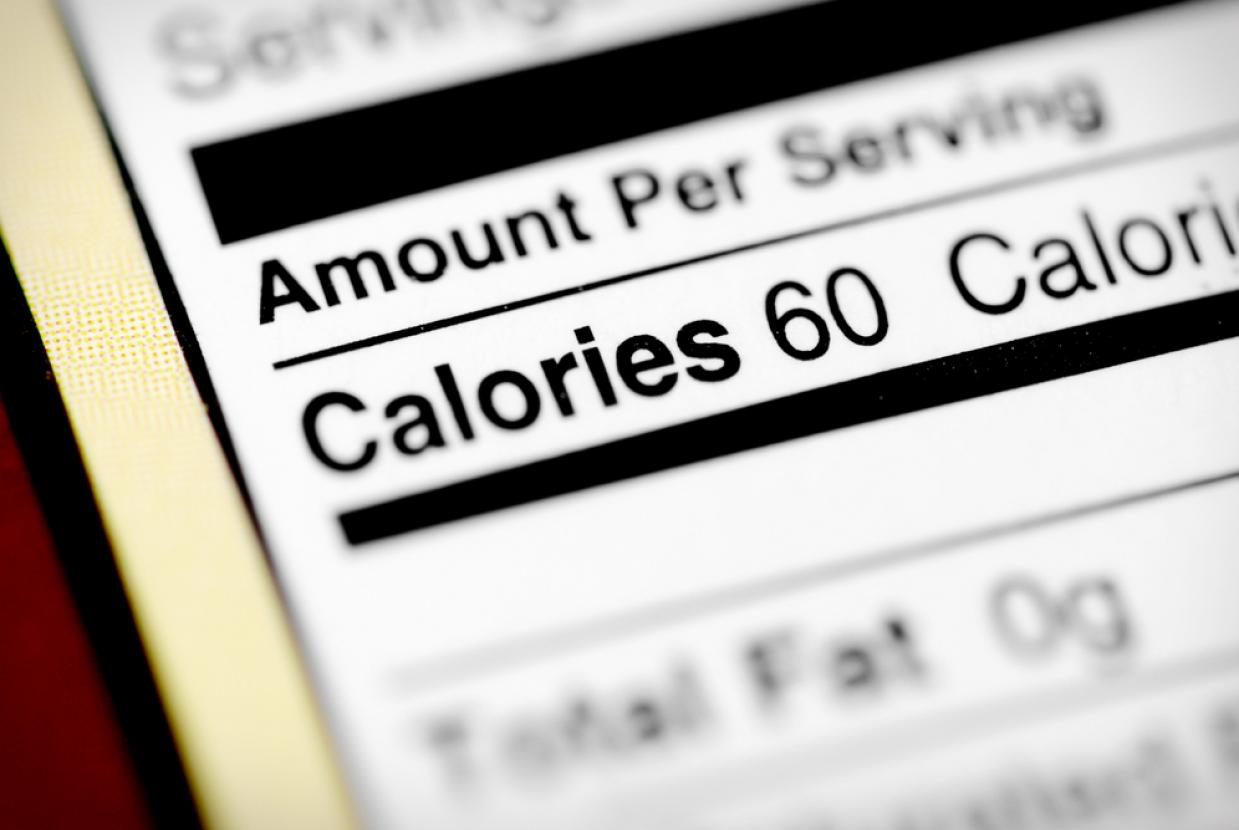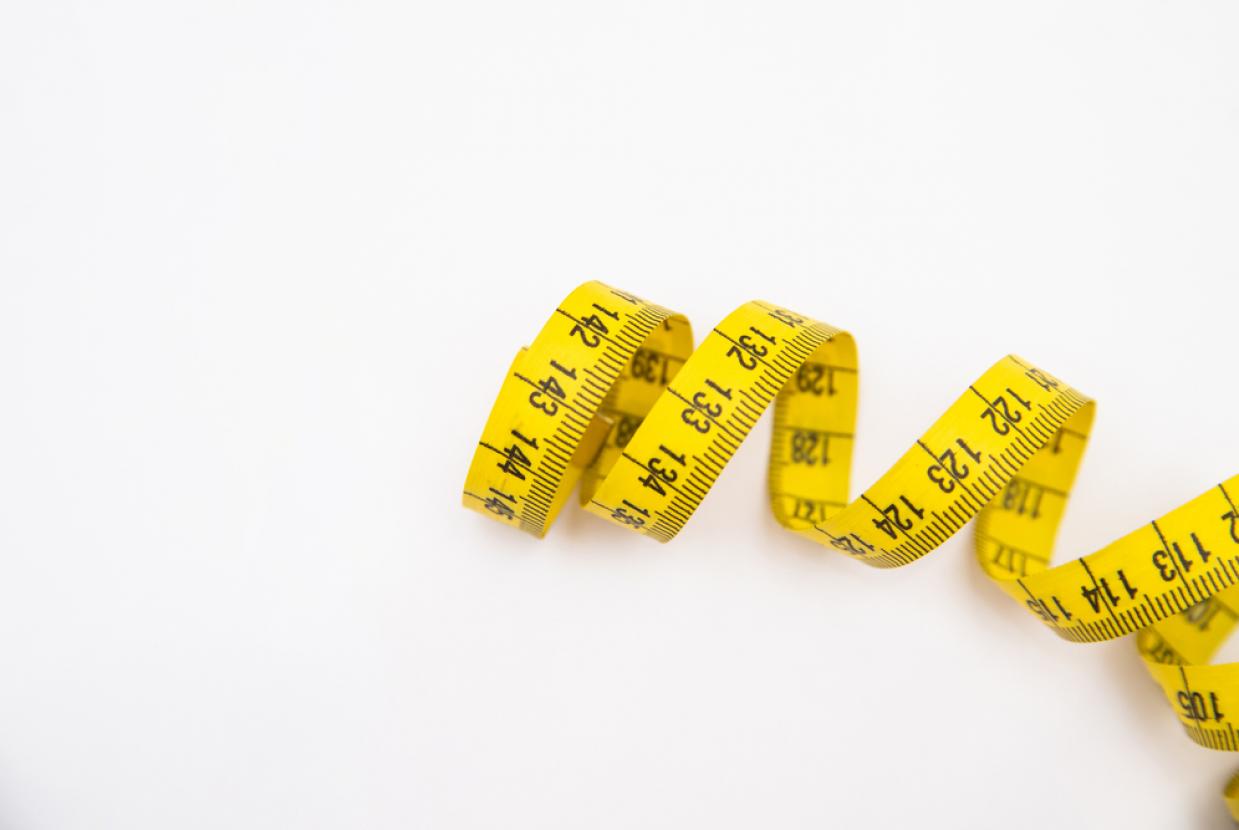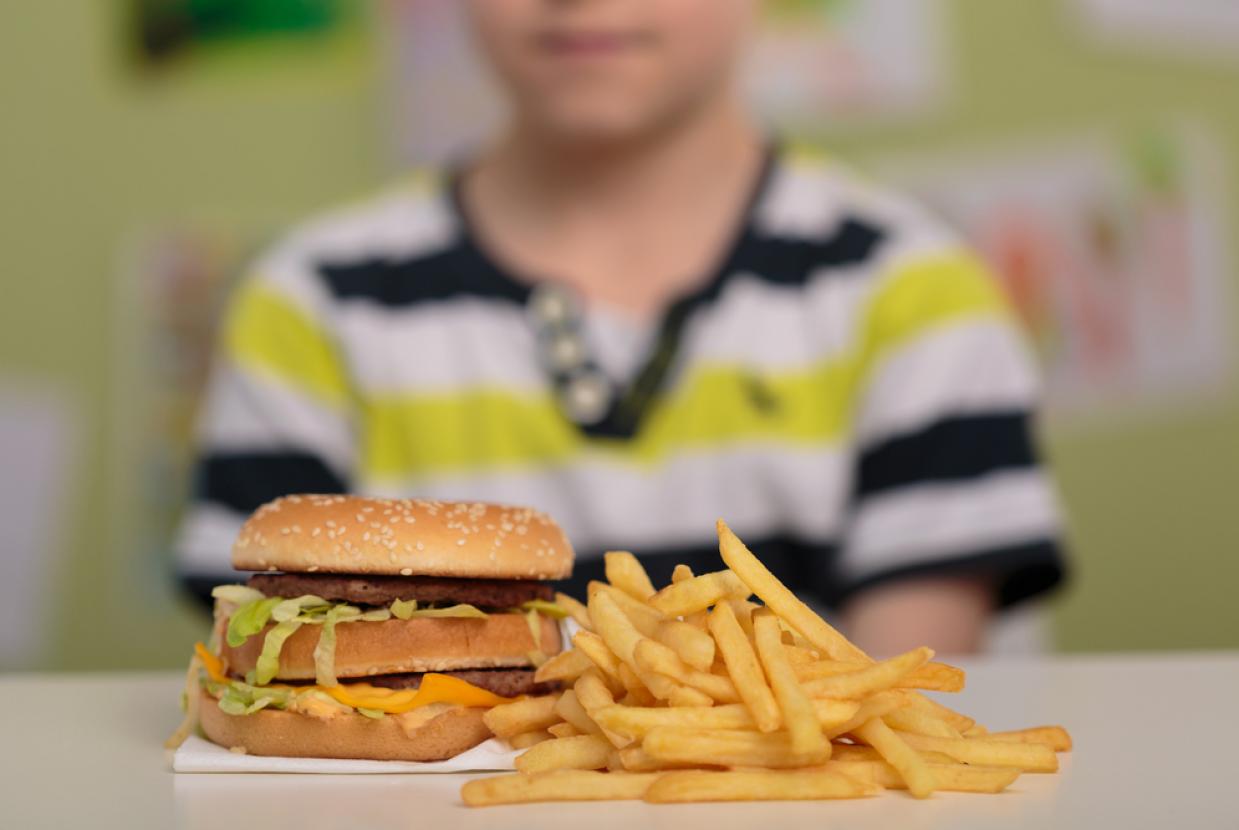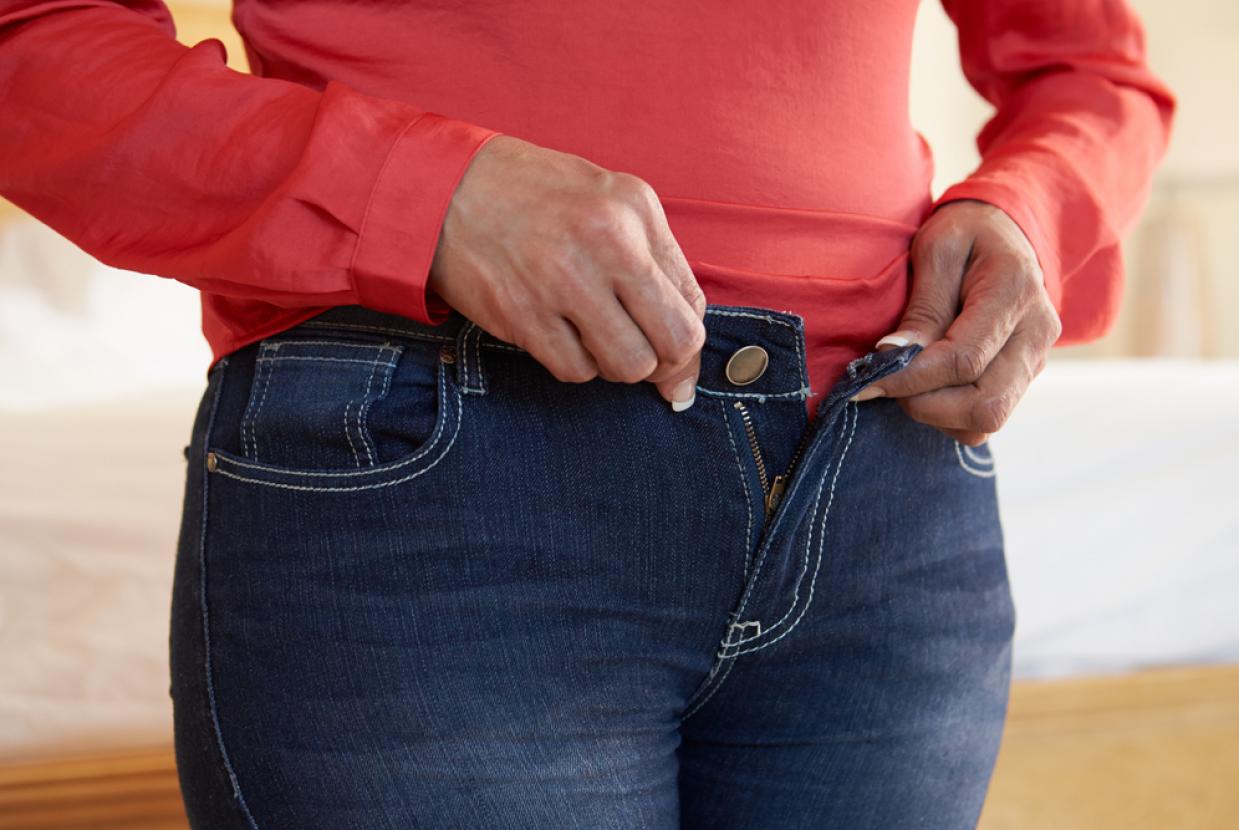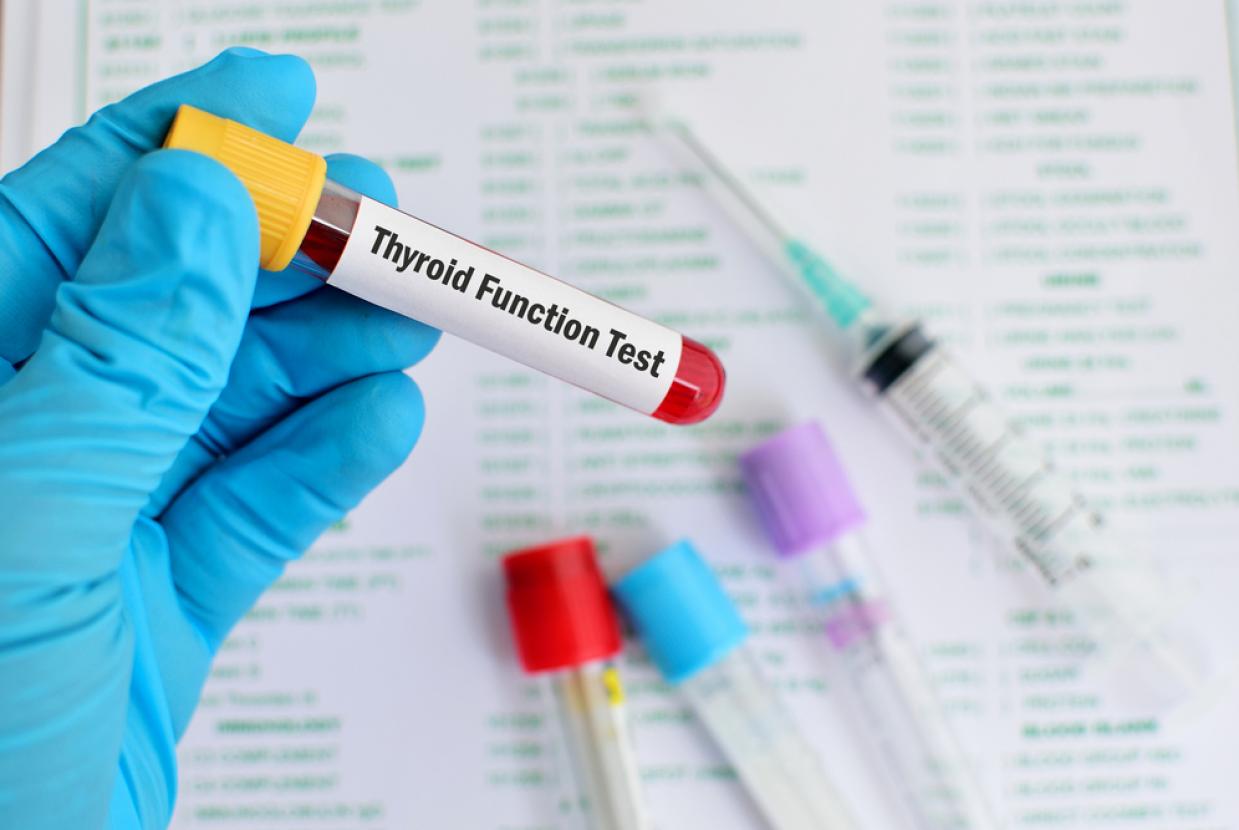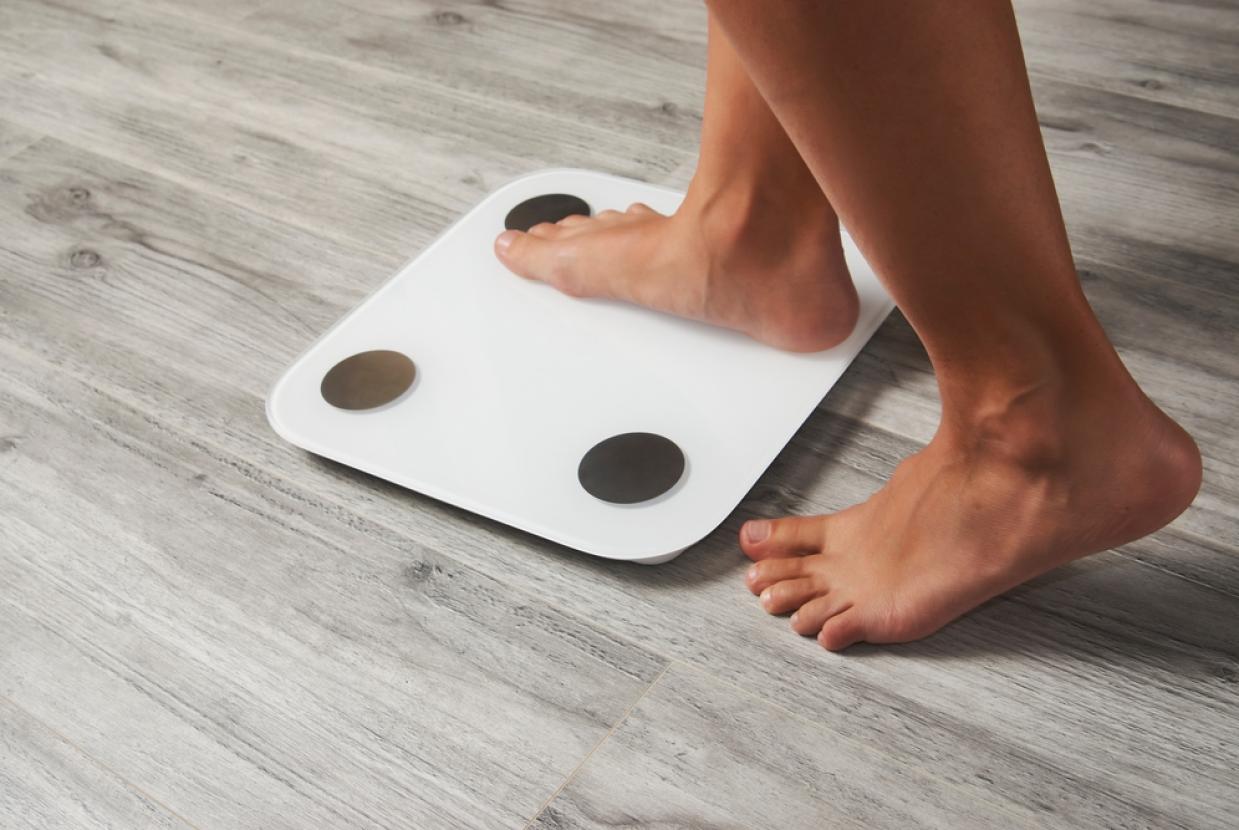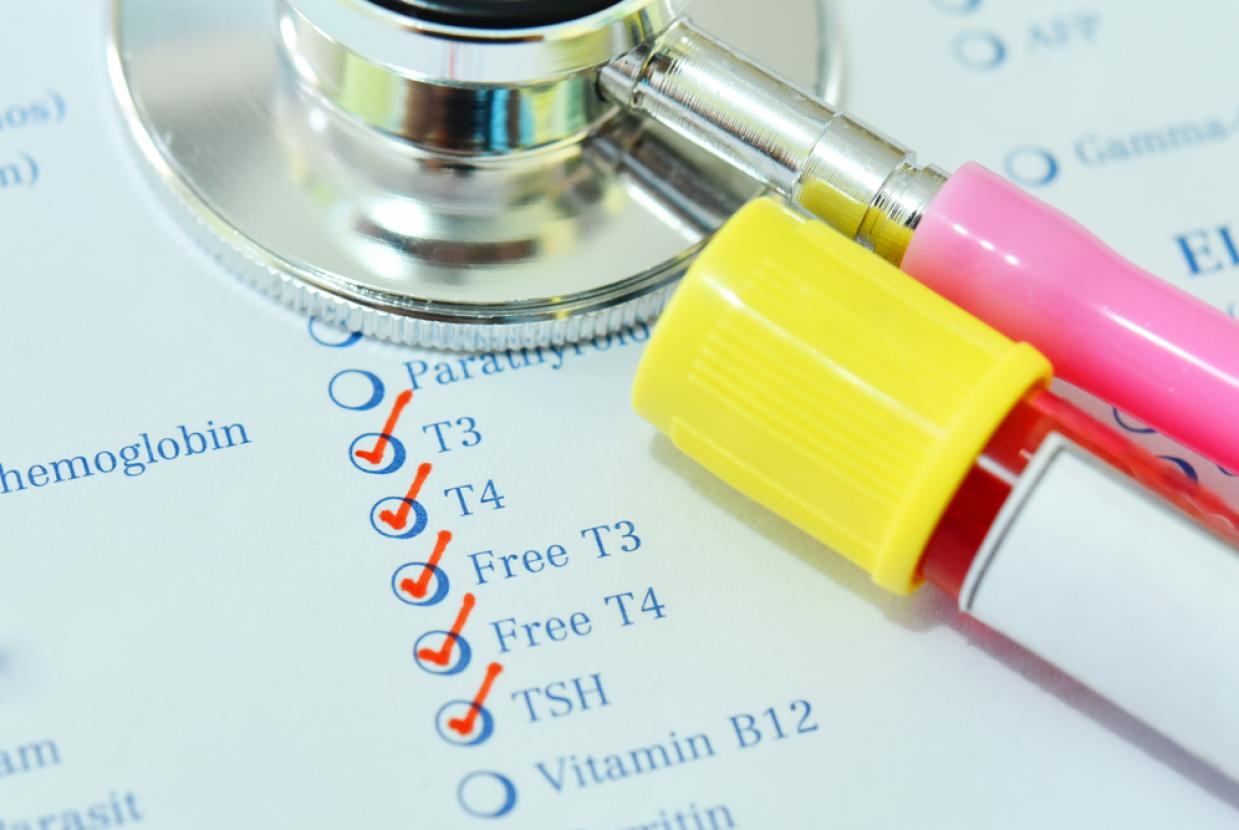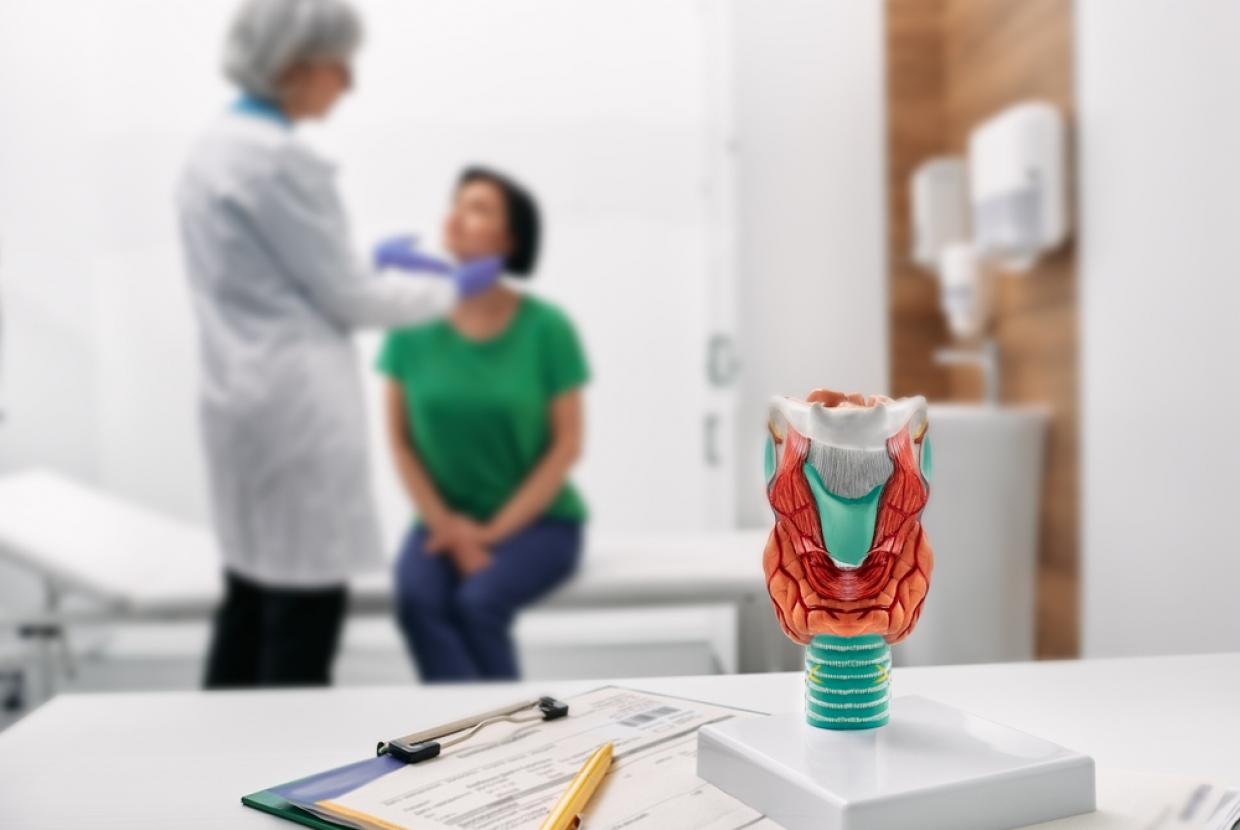The Truth About Calories Counting
From this, we are led to believe that all calories have the same consequence: too many and we get fat and this is where the idea of calorie counting stems from. But take a closer look at this advert and you will notice that a lot (but not all) of the examples they give are high in sugar and refined carbohydrates. So, rather than simply accepting the idea that calories make us fat, it is important to look at where those calories come from. There is a huge difference between the effect of eating these extra 100kcals in the form of cookies, sweets and white bread as opposed to broccoli, fish or seeds.
Insulin Cascade
Cookies, sweets and white bread are rocket fuels, causing our blood glucose levels to spike and resulting in a cascade of insulin to get the glucose levels down to normal levels, which is ultimately stored as body fat. So yes, the examples of the billboards at your bus stop are very likely to make you fat – but an extra 100kcals a day from vegetables, protein rich foods or even foods high in essential fats, like nuts and seeds, will have a very different effect.
Where do your calories come from?
Calories from fat are used for a myriad of functions in the body. The essential fats found in oily fish, nuts and seeds are used by our brain, arteries, nerves and skin. They balance our mood, hormones, regulate inflammation and boost immunity too.
Dietary fat is also a source of the essential vitamins A, D, E and K, and omega 3 and omega 6, also known as essential fatty acids. If we are on a strict calorie controlled, fat-free diet, we put ourselves at risk of deficiency of these nutrients, with dire consequences for our health.
Calories from sugar and refined carbs cause a release of insulin and it is this combination that makes us store fat. While too much fat, protein, carbohydrate or alcohol can all lead to weight gain, the main culprit is sugar and refined carbohydrates – not fat. Most low fat diets are high in sugar and refined carbohydrates, setting up a blood sugar-insulin imbalance, making it harder to control weight.
Weight loss is not a matter of willpower – more a matter of insulin balance. Striking a healthy balance between fat and carbohydrate is essential in learning how to lose weight and keep it off. Swapping high GI, refined carbs for low GI, higher fibre alternatives is a step in the right direction, but don’t neglect healthy fats in your diet too. They help regulate the hunger hormones, keep us feeling fuller for longer and support metabolism and how efficiently we burn fat.
Better alternatives
Avoiding nuts, seeds, olive oil, avocado and natural yoghurt and replacing these foods with low fat sprays, low-cal bars and fat-free yoghurts in a quest to cut calories and lose weight is to fight a losing battle of the bulge.
A better alternative would be to replace them with an apple and a handful of nuts, natural (full fat) yoghurt and berries, or houmous and carrot sticks which are more nutritious, satisfying and healthy.
Just because something is good for us, doesn’t mean we should go nuts and eat as much as we possibly can, of course. It is all about balance. In this case, it is a matter of balancing our macronutrients – sufficient healthy fats – alongside some low GI carbohydrates and some good quality protein.


